As women enter their 40s, hormonal shifts, lifestyle stress, and changing metabolism can disrupt sleep patterns. Insomnia, night sweats, and restless legs become more common—especially during perimenopause and menopause. But there's strong evidence that integrating short, consistent elliptical sessions into your day can significantly improve sleep quality.
This guide combines simple, evidence-based routines—centered around elliptical training—with lifestyle habits proven to support deeper, more restorative sleep. Designed specifically for women over 40 focused on sports performance and long-term wellness, these 20 strategies are practical, sustainable, and backed by research.
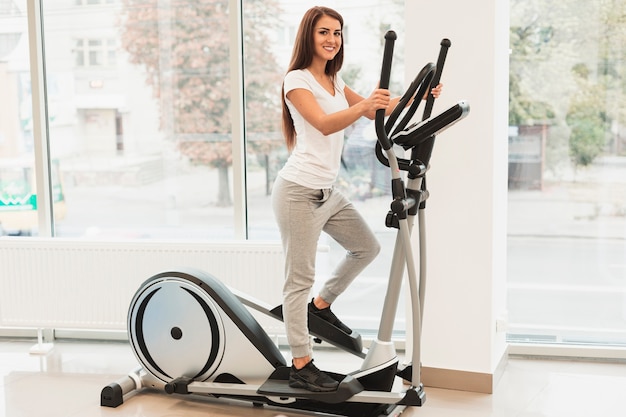
Starting your day with light aerobic activity like a 10-minute elliptical workout helps regulate circadian rhythms. Morning light exposure combined with movement signals your body to wake up, improving nighttime melatonin release.
While elliptical training is beneficial, high-intensity sessions within 2–3 hours of bedtime can elevate cortisol and core body temperature, making it harder to fall asleep. Stick to gentle movement like walking or stretching in the evening.
Hot flashes and night sweats affect over 20% of women during menopause. A cooler room (between 60–67°F or 15–19°C) promotes better sleep. Use fans, breathable bedding, or cooling pillows to maintain comfort.
Consistency strengthens your internal clock. Performing your elliptical session at the same time each morning helps regulate your sleep-wake cycle, improving both sleep onset and quality.
After your workout, spend 5 minutes practicing diaphragmatic breathing. This reduces post-exercise stress hormones and primes your nervous system for rest later in the day.
Caffeine has a half-life of up to 6 hours. Even if you don’t feel alert, it can fragment sleep architecture. Avoid coffee, tea, or energy drinks in the afternoon.
Dehydration can cause leg cramps and disrupt sleep. However, drinking large amounts close to bedtime increases nighttime bathroom trips. Hydrate well during the day and taper off in the evening.
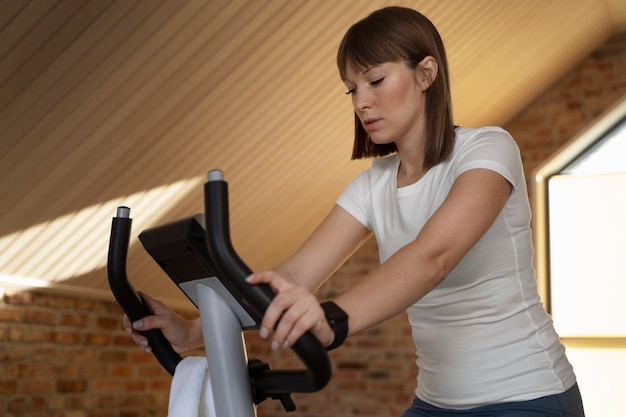
Elliptical training is low-impact and joint-friendly, making it ideal for women over 40. Regular sessions reduce cortisol and increase endorphins, lowering anxiety and promoting relaxation at night.
Signal to your body that it’s time to sleep with a consistent 30-minute routine: dim lights, read a book, take a warm bath, or practice gentle yoga.
Use a fitness tracker to monitor both your elliptical workouts and sleep patterns. Over time, you’ll see how activity duration and timing affect your rest—helping you optimize both.
Include magnesium-rich foods (spinach, almonds, avocado) and tryptophan sources (turkey, oats, bananas) in your diet. These support melatonin production and muscle relaxation.
Blue light from screens suppresses melatonin. Use night mode on devices or wear blue-light-blocking glasses if you must use electronics.
If you nap, keep it under 20 minutes and before 3 PM. Long or late naps can interfere with nighttime sleep, especially as sleep drive naturally decreases with age.
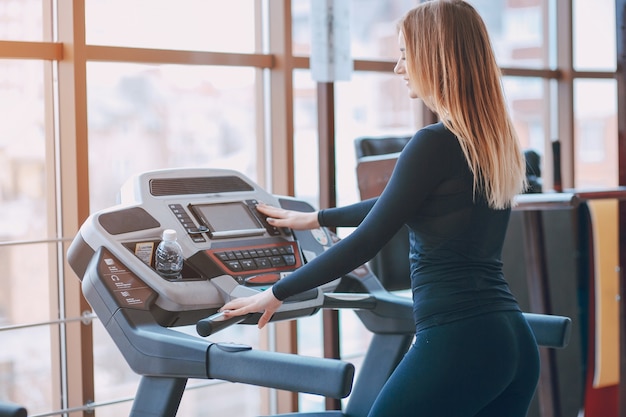
Short bursts of resistance (1–2 minutes) on the elliptical build muscle endurance and improve circulation. Better blood flow can reduce nighttime leg discomfort and restless legs syndrome.
Focus on your breath and form during elliptical sessions. Mind-body awareness reduces mental chatter, which often contributes to insomnia.
Keep your bedroom dark, quiet, and cool. Use blackout curtains, a white noise machine, or earplugs if needed. Reserve your bed only for sleep and intimacy.
Avoid drastic shifts in wake-up times. Sleeping in more than an hour past your weekday time can disrupt your rhythm and lead to Sunday night insomnia.
As noted in menopause research, night sweats affect sleep for many women. Layer bedding so you can remove covers easily, and consider moisture-wicking pajamas.
If possible, use your elliptical near a window or take a short walk outside afterward. Natural daylight exposure boosts serotonin, which converts to melatonin at night.
Improving sleep takes time. Give your body 4–6 weeks to adjust to new routines. Celebrate small wins—like falling asleep faster or waking up less often.
By combining short, sustainable elliptical workouts with smart daily habits, women over 40 can reclaim restful sleep and enhance athletic recovery, energy, and overall performance. Start with just 2–3 changes and build from there.

Fitness

Fitness
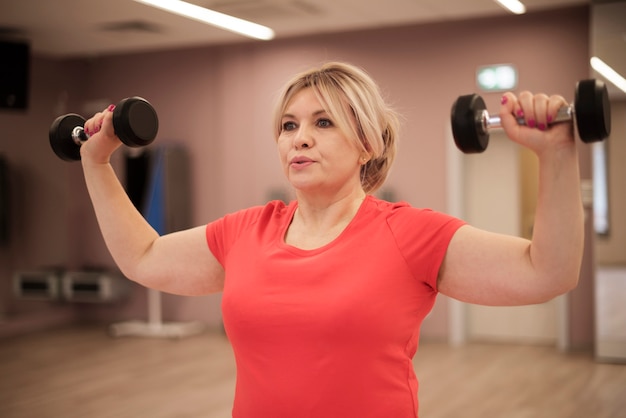
Fitness

Fitness

Fitness

Fitness
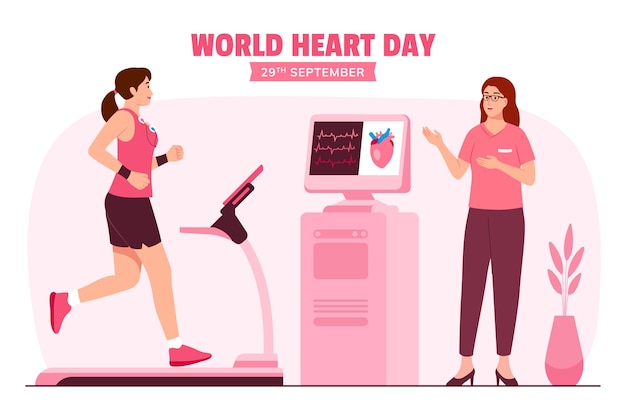
Wellness
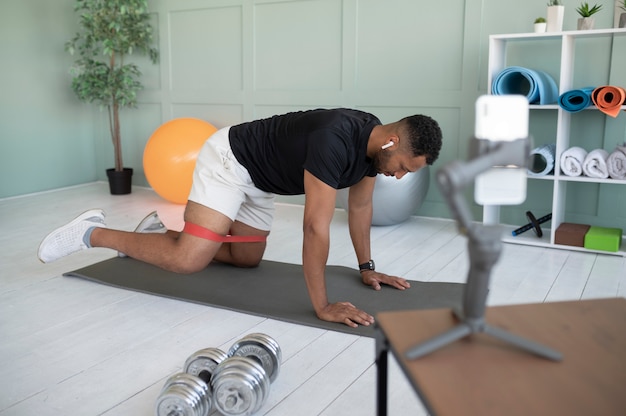
Fitness

Fitness

Health

Fitness
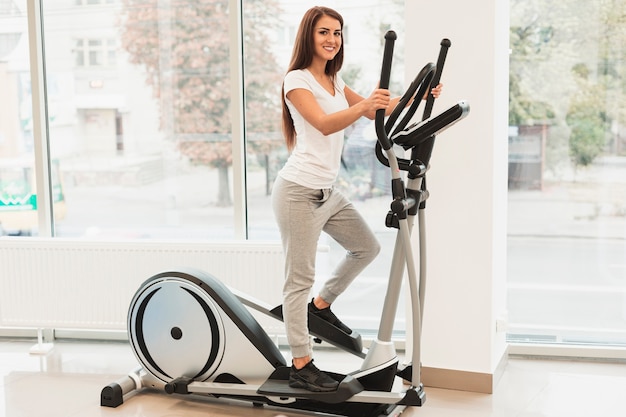
Fitness

Health

Fitness

Health

Health